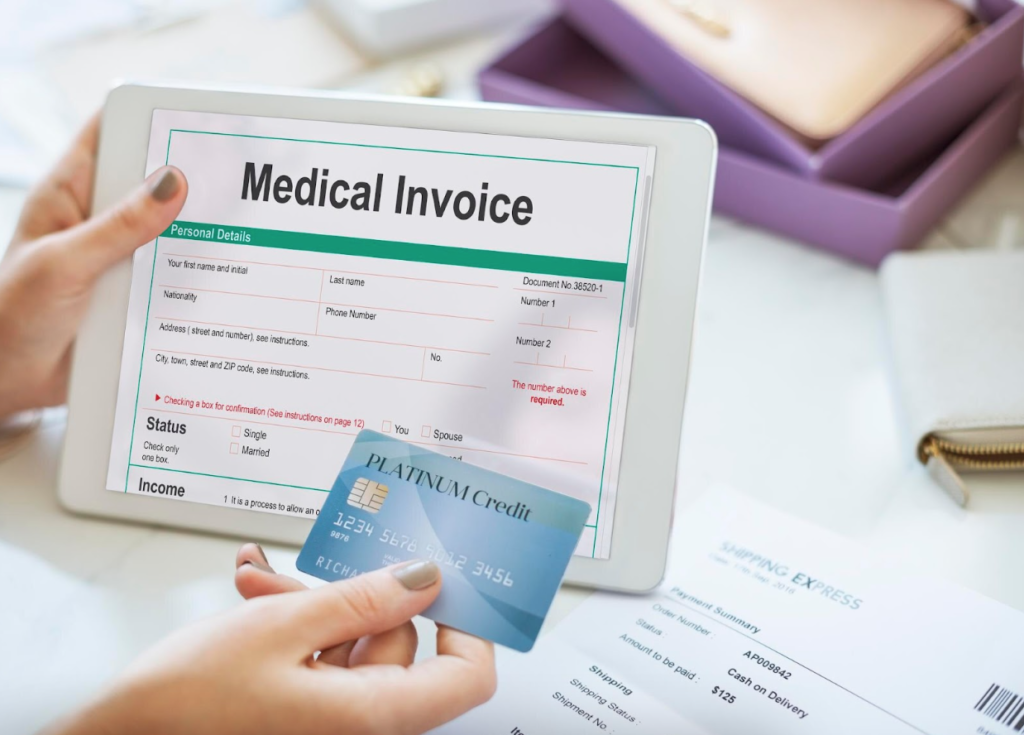
Today, we’re diving into an important topic that many people don’t pay attention to until it’s too late—how medical bills can affect your credit. A lot of people think that medical bills just stay between them and their healthcare provider, but if you don’t pay those bills on time, they can end up hurting your credit score. Let’s break it down and talk about how this works, what you can do to avoid it, and why it matters.
First off, here’s what you need to know: medical bills won’t show up on your credit report right away. The three major credit bureaus—Equifax, Experian, and TransUnion—give you a grace period. They have to wait 180 days (that’s about six months) before they can put your unpaid medical bills on your credit report. This waiting period is super helpful because it gives you time to work with your healthcare provider to figure things out.
So what can you do during those 180 days? You have a few options:
- Negotiate a Payment Plan: Many hospitals and doctors’ offices are willing to set up payment plans if you can’t pay your bill all at once. This lets you pay a little each month, which can be easier on your wallet.
- Check for Financial Assistance: Some healthcare providers offer programs to help people who can’t afford their medical bills. It doesn’t hurt to ask!
- Verify Your Insurance Coverage: Sometimes medical bills show up because of an error with your insurance company. Make sure the bill isn’t something your insurance should have paid in the first place.
Now, what happens if the bill isn’t paid within those 180 days? That’s when things can get tricky. If your medical bill gets sent to a collection agency and added to your credit report, it can bring down your credit score. Even worse, that debt will stay on your report for seven years unless you take action.
But there’s a silver lining! If your insurance company steps in and pays that bill after it’s been sent to collections, you can have the debt removed from your credit report. However, this isn’t automatic. You’ll need to contact the credit bureau and send proof that the bill has been paid by your insurance.
Now, let’s talk about if you have to pay the bill yourself. If you pay the collection agency, the debt will still stay on your credit report unless you negotiate something called a “pay-for-delete.” This is when the collection agency agrees to remove the debt from your report once it’s paid. It’s not guaranteed, but it’s definitely worth asking about.
Also, here’s some good news: credit scoring models have changed recently, and unpaid medical bills don’t hurt your score as much as they used to. However, some lenders and companies still use older credit scoring models that do penalize you for medical debt, so it’s always best to address your debts as soon as possible.
As of July 1, 2022, things have improved a bit more for consumers. Paid medical collections will no longer show up on your credit report, and unpaid medical debt won’t appear on your report for at least one year. This gives you extra time to work with your healthcare provider or insurance company to handle the debt before it affects your credit.
To sum it up, medical bills can absolutely affect your credit, but you have options. You get some time before the bills hit your credit report, and even after that, there are ways to get them removed. Be proactive, talk to your provider, and don’t ignore those bills. Taking control of your medical debts now can save your credit score in the future.
Thanks for watching, and remember to stay on top of your medical bills to protect your credit! If you found this helpful, don’t forget to like, share, and subscribe for more tips on managing your credit and finances. See you next time!
